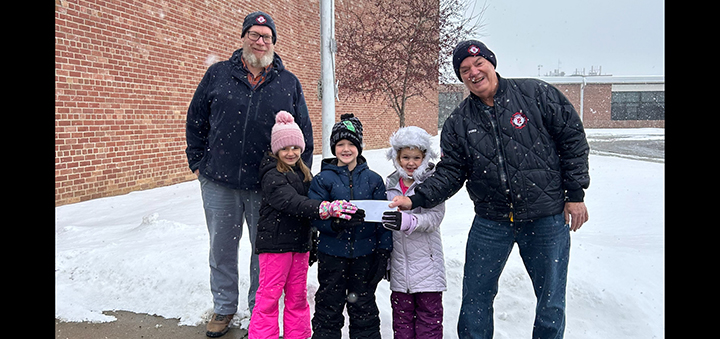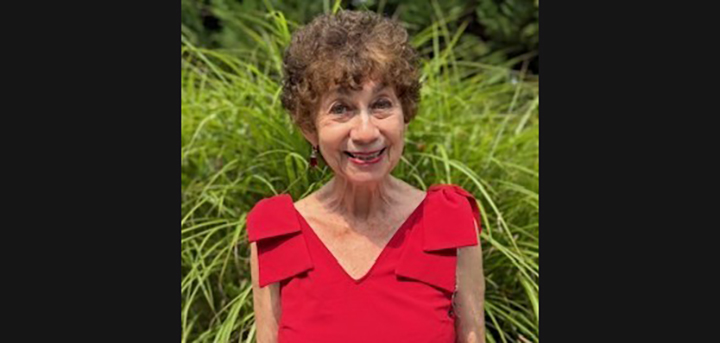Counties prepare for mobile crisis model
NORWICH – Preventing the need for trips to the emergency room or costly inpatient hospital stays for individuals who are experiencing a mental health challenge will be the focus of a new approach in the four counties – Chenango, Delaware, Otsego and Schoharie.
With Bassett Medical Center's recent announcement to discontinue its inpatient psychiatric and crisis service, the four county directors have turned to the Neighborhood Center, Inc. to develop a mobile crisis service to be coordinated in each county. The model will include supportive services for individuals who are experiencing a mental health challenge; to assist in them in successfully remaining in the community.
The Mobile Crisis and Assessment Team (MCAT) proposal will require the approval of NYS Office of Mental Health (OMH) and talks are already underway as to how to educate the community regarding these changes. OMH has made $1.2 million dollars available annually to the counties and local dollars will not be used to support the program. In the MCAT model, three team members will be in Otsego County and one each in Delaware, Chenango and Schoharie counties.
The design and operation of the MCAT has been tailored to meet best practices for crisis intervention. Providing a community based response for individuals experiencing mental health crises tends to decrease utilization of acute services such as hospital emergency departments; decrease the demand for law enforcement responses; decrease incarceration rates for individuals with mental illness; and increase the rate at which individuals are connected with outpatient mental health services.







Comments